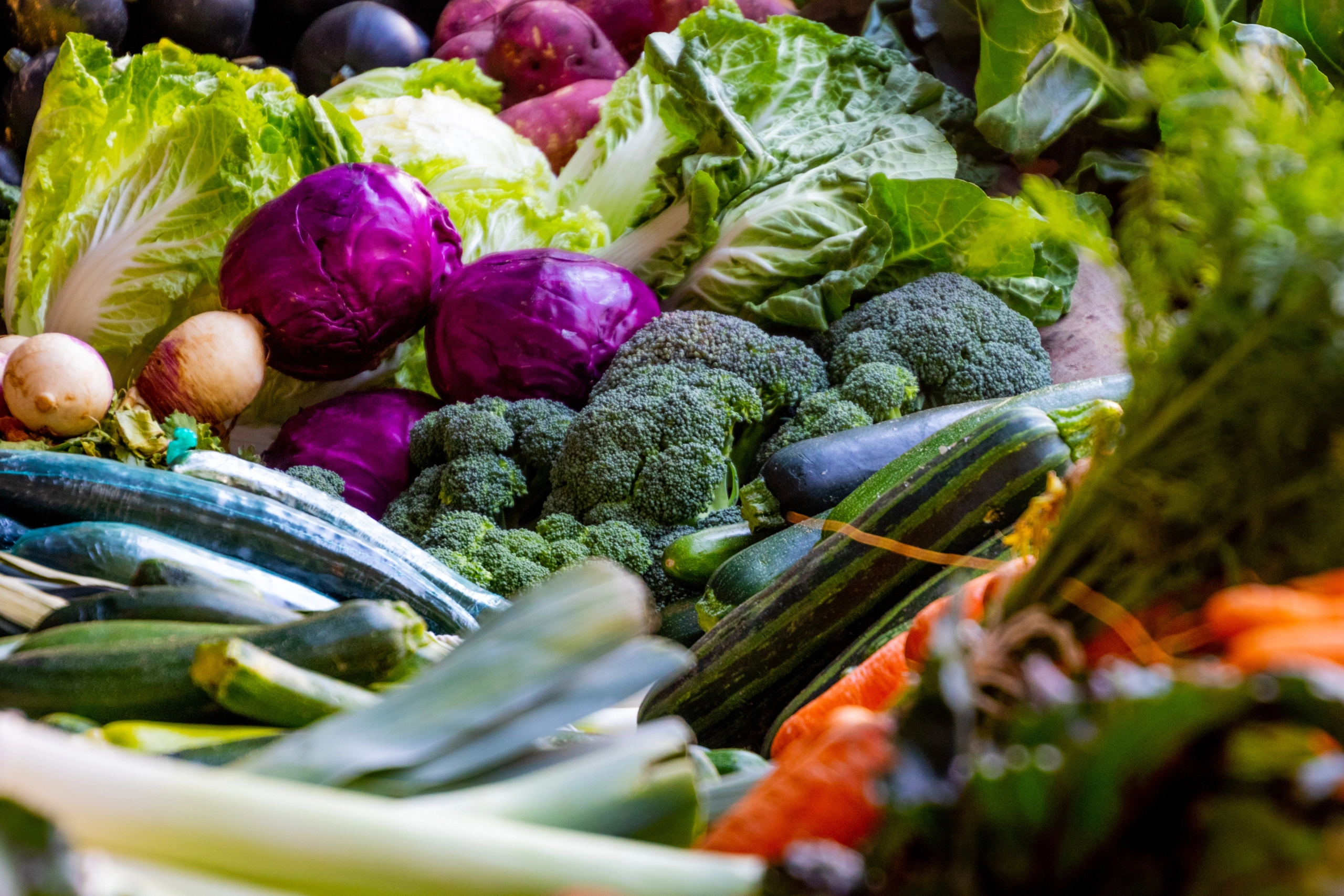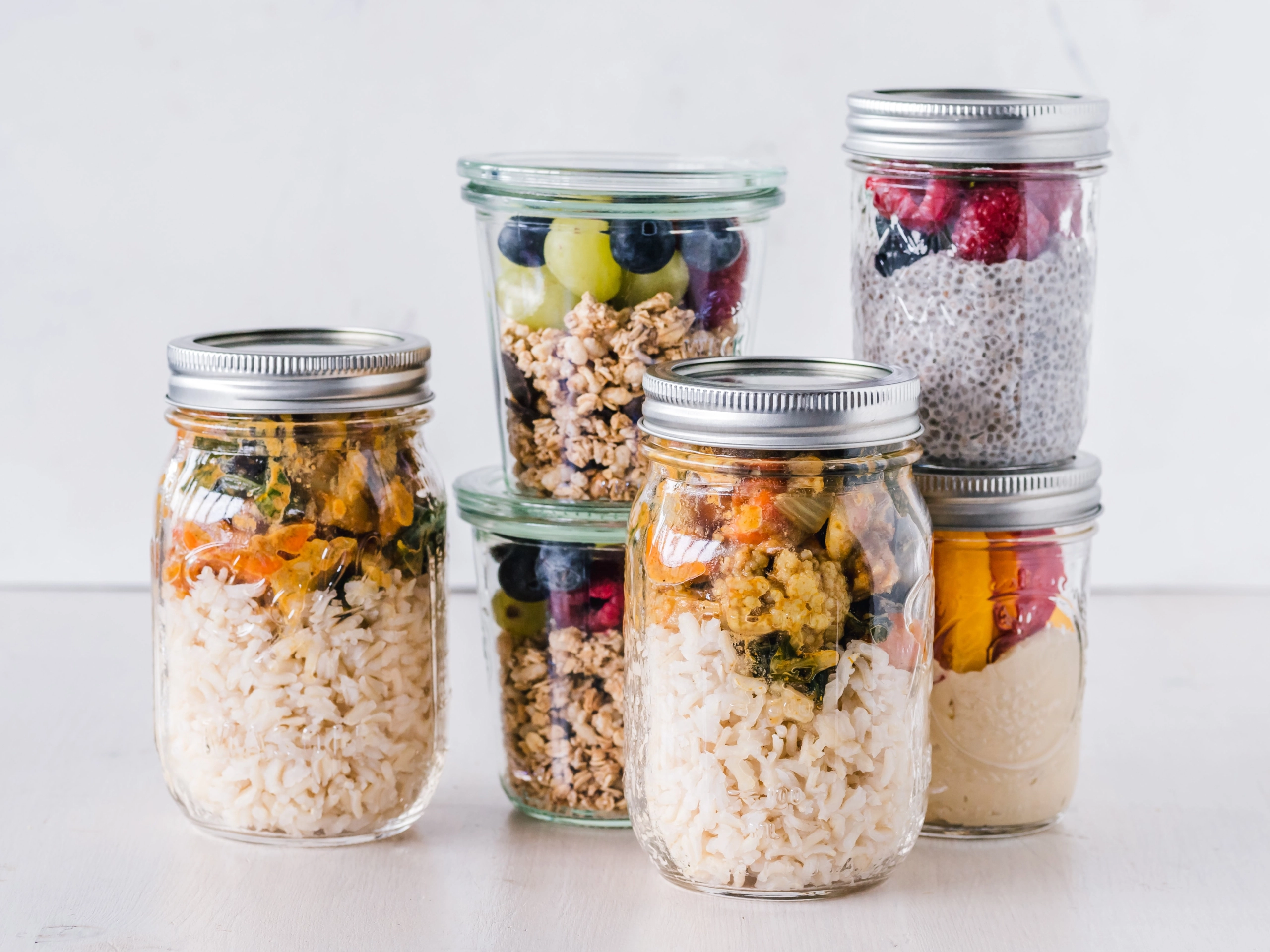Healthy Living—on a budget
Taking care of your health is an investment and making positive changes to your diet and lifestyle will give you benefits both now and in the future. Shopping with your health in mind can be overwhelming at first, and many people are disheartened by the increased cost of organic food and personal care items. While it is true these things often cost more than their conventional alternatives, there are many tips and tricks I give my clients all the time in clinic so that they are equipped with easy ways to buy better quality food and household/body-care items without breaking the bank.
My top ten tips
1. Shop at your local farmer’s markets
This is beneficial for so many reasons- not only does it work out more cost-effective but it also means you are more likely to be buying Australian seasonal produce, meaning better bang for your buck and fresher food as it hasn’t been through excessive transportation. Shopping at the markets is also much more enjoyable than the supermarket and has become very popular in Sydney, so jump online and look for your nearest farmer’s market.
2. Clean Fifteen + Dirty Dozen
Another tip for your green grocery shop is to become familiar with the ‘Dirty Dozen’ and ‘Clean Fifteen’—that way you can buy the produce that is highly sprayed certified organic and the save your pennies on fruit and veg that doesn’t cop excessive pesticides. Check out the list.
3. Pick the cheap cuts! (and make the slow cooker your best friend)
Let’s face it, meat is expensive, especially when you are buying organic, free range or grass-fed. Become familiar with buying the cheaper cuts of meat from the farmer’s markets and cooking them for 6-12 hours in the slow cooker. It also means you’re super organised because dinner is ready for you when you get home! Casseroles, lamb shanks, curries and ragu are family favourites and there are many recipes online for a slow-cooked version.
4. Make your own
This goes for a whole range of things—stocks, cleaning products, bread, fermented foods- the list goes on. Buying foods or products that are easy enough to make at home will save you money and are likely to be healthier than what you can buy anyway, especially when it comes to natural cleaning products that are often not that natural after all. Keep your organic roast chicken carcass and make your own chicken stock, which will last in the freezer for 3 months.
5. Pack your lunch
It’s easy to fall into the habit of buying your lunch regularly when you’re at work, uni or just out and about. But this is where so much money can be saved if you pack your lunch and snacks every day and means less waste too. Make double quantity for dinners so you have tasty leftovers for lunch the next day.
6. Invest in good quality
Buying items that are a little more pricey but better quality always pays off in the long-run, especially on big items that you use often like pots and pans, a water filter, slow cooker, food processor etc. They will last longer and means less waste as you don’t need to constantly replace them. When it comes to kitchenware I recommend Lodge Cast Iron cookware—they season beautifully, last a lifetime and don’t give off toxic chemicals when heated like non-stick pans do. Glass storage containers will last forever compared to plastic options, and are much better for your health, especially if you reheat food in them; plastic leaches chemicals including BPA into your food when exposed to heat, and this is a known endocrine-disrupting chemical—meaning it messes with your hormones.
7. Take a shopping list and plan ahead
I know you’ve heard this one before but that’s because it works! Pick your grocery shopping day, plan your meals for the rest of the week and write down what you need to buy to make those meals. This means you avoid picking up random things in the supermarket that you don’t need (and are often unhealthy), your shopping time will be halved and you won’t make multiple trips back to the shops every couple of days, which always ends up costing more as you grab a few extra things each time you’re there.
8. Simplify your body-care routine
Switching to natural, organic skin and body care products can be a costly task, however I always inform my clients that less is more. You only need a good (palm-oil free) bar of soap, natural moisturiser (MooGoo or Weleda are lovely) and natural deodorant (Black Chicken Axilla paste is the best) for your basic body products and when it comes to skincare choose a cleanser, moisturiser and oil or serum and a good natural daily sunscreen. Eating a health diet and optimising gut and liver health will give you naturally glowing skin.
9. Bulk-buy at a package free food store
Better for your pocket and for the environment, finding a local package-free bulk food store such as The Source Bulk Foods will help you to save money by buying bulk in dry food products such as chia seeds, oats, flours, even cooking oils and body products. Buy yourself some good quality airtight glass jars to store these items in and you will be stocked for a month (or more) at a time and always have healthy basics on hand.
10. Minimise processed food
Healthy, organic food may cost more, but packaged junk foods aren’t cheap either! They are also not nourishing, satisfying foods, meaning you can eat a whole packet of biscuits and be hungry again 30 minutes later. Choosing good quality protein, fats and carbs at each main meal will fill you up for longer, reducing the need to snack and buy more. Alcohol is another one that isn’t cheap – reduce your intake and you’ll have more money available to buy your good quality weekly food shop.
Image Credit — Photo 1 by Magda Ehlers
Image Credit — Photo 1 by Ella Olsson



